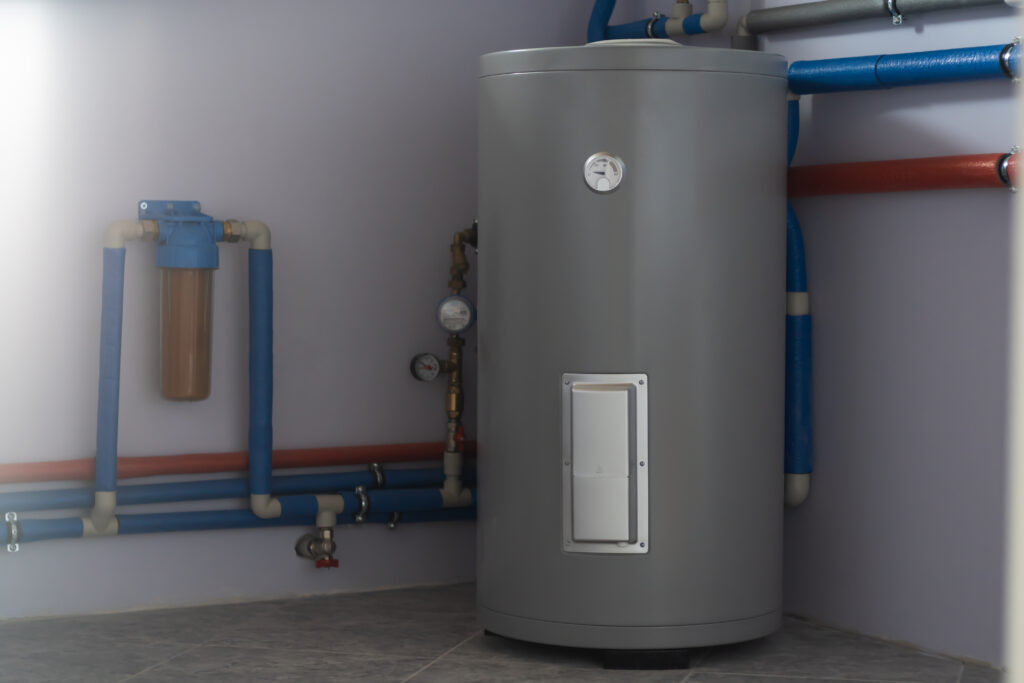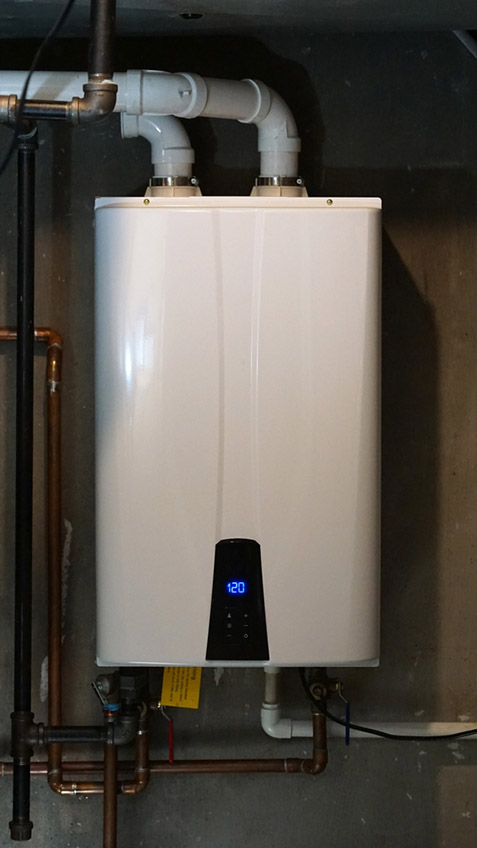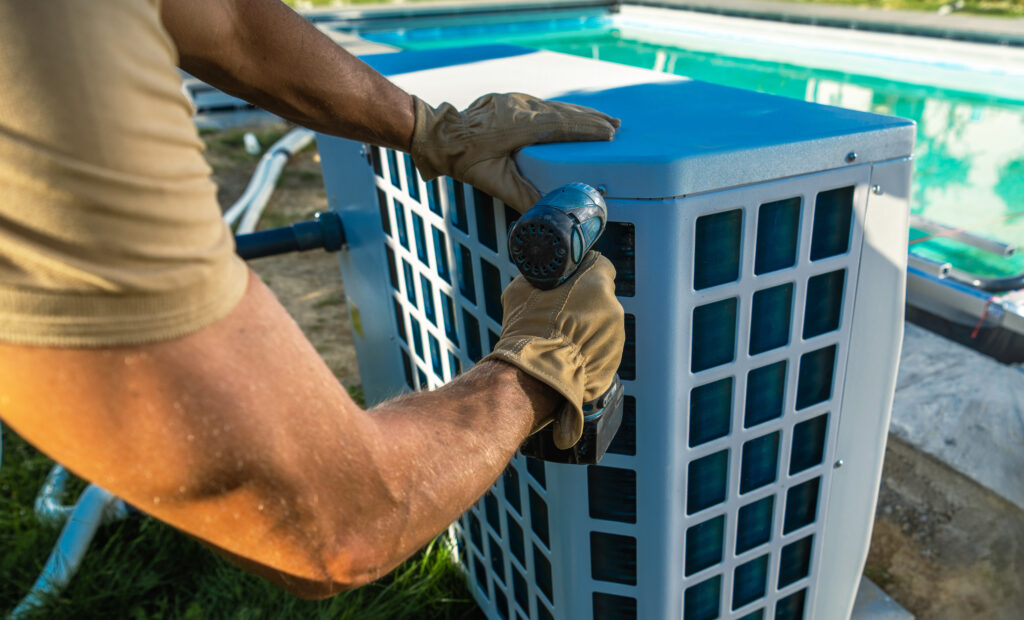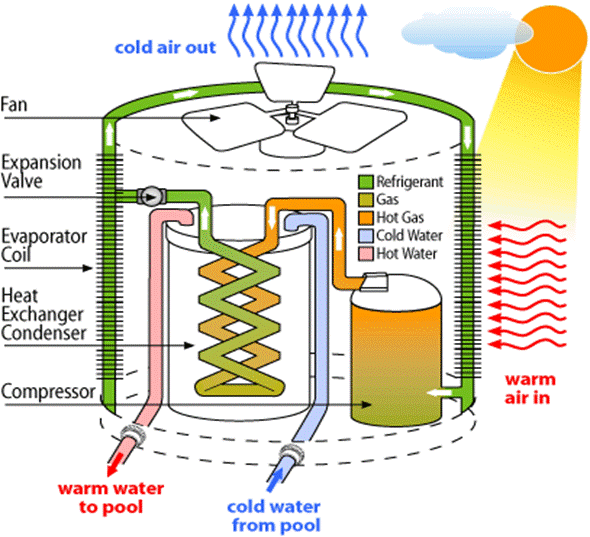Water Heating / Pool Heating Services
Water Heater
Water heaters are usually dependable appliances, but if they start showing signs of trouble, it’s time to look for help. You may want to consider having a new one installed or perhaps the issue can be repaired. Here are a few things to consider.
What is your fuel source?
Most water heaters are powered by electricity, oil, natural gas or propane. They can all supply a reliable source of hot water.
What type of system should you choose?
How much hot water do you require? A water heater that is too small for your needs won’t be able to keep up with demand and may leave you without hot water when you need it.
You may want to stay with a conventional tank-style water heater or upgrade to a tankless model. When making the decision to stay with the conventional tank style water heater or to upgrade to a tankless style are a few things to consider.

Tank Style Water Heater
Traditional storage tank water heaters are still the most common type. They store hot water in an insulated tank. The upfront cost of a storage tank heater is usually much less than a tankless unit. Nevertheless efficiency may vary depending on the unit and fuel source.
Tankless Style Water Heater
Tankless water heaters do not store heated water. Instead, water passes through a heat exchanger and gives you hot water on demand. A tankless water heater can reduce energy consumption. It can also be installed on a wall freeing up floor space Which makes it a good choice for smaller basements.
To make your choice you will need to consider the size of your family, the type and number of water consuming appliances in your home, as well as your lifestyle.


Pool Heaters
Summer is short so you will definitely want your pool operating in peak condition. Ocean Air offers repairs on all makes of pool heaters and fuel sources – electric, propane or natural gas as well as heat pump pool heaters.
How a pool heat pump works
Pool heat pumps are one of the most cost effective and eco-friendly pool heating options on the market. A pool heat pump works in a similar way to the heat pump in your home. It absorbs heat from the outside air and transfers it to your pool water. The water from your pool passes through and absorbs that heat from your heat exchange and warms the pool water.

